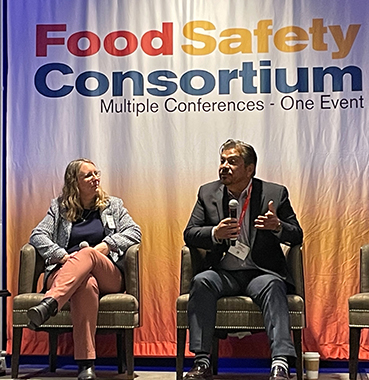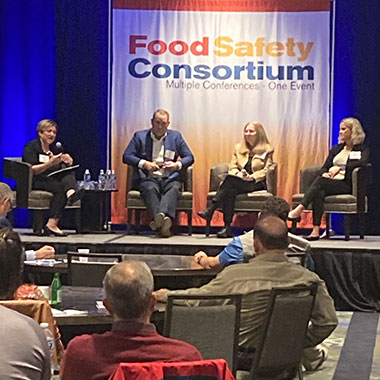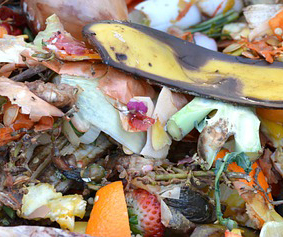

The FDA has completed its first pre-market consultation for a human food made from cultured animal cells, announcing that it is satisfied with the safety of UPSIDE Food’s lab grown poultry product.

The FDA has completed its first pre-market consultation for a human food made from cultured animal cells, announcing that it is satisfied with the safety of UPSIDE Food’s lab grown poultry product.

“Lexagri’s aim has always been, and continues to be, to become the global harmonized reference provider of regulatory crop protection data for the industry, digital farming and the food chain. The upcoming integration of Lexagri with FoodChain ID will be another step in this direction.”

The 10th Annual Food Safety Consortium took place in Parsippany, New Jersey, on October 19-21, featuring panel discussions and presentations on the biggest challenges in food safety.

The proposed rule, if finalized, will implement a 10 cent per pound increase in color certification fees.

At the 2022 Food Safety Consortium, Peter Begg, senior VP of quality and food safety at Hearthside Food Solutions, Melanie Neumann, JD, EVP and general counsel of Matrix Sciences International, and Ann Marie McNamara, VP of food safety and quality for supply chain, manufacturing and commercialization at U.S. Foods, shared their tips and best practices for getting your FSQA message across in the board room.

In recent decades, the food manufacturing industry has seen a regulatory shift toward environmental monitoring testing. At the same time, it has been difficult for producers to build out environmental monitoring programs due to a lack of detailed regulatory guidance. Following are five strategies to help food producers develop more efficient and effective environmental monitoring programs that will help ensure safe finished products.

September 29 is the International Day of Awareness of Food Loss and Waste. In this article we look at resources as well as key strategies to help food businesses identify and reduce areas of food loss and waste.

One of the key areas of focus is addressing food security and driving agricultural innovation through new technologies that protect crops from disease, and enhance seeds and fertilizers and foods made with cultured animal cells.

Implementing a lean manufacturing strategy can streamline food manufacturing operations and improve collaboration between departments.

“Certified is well-positioned as a leading provider of differentiated lab testing services, and I see immense opportunity in serving our growing end markets through continued M&A and service expansion, all supported by an excellent team.”